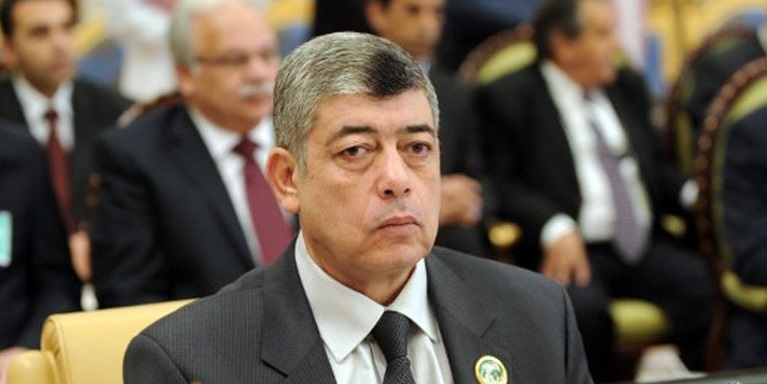ATHENS: A parcel bomb plot targeting foreign governments underlines the emergence of extremism in Greece, fuelled by young people bearing the brunt its deep economic malaise, observers say.
The prime suspect for the packages, 13 of which were found Monday and Tuesday although none caused serious injury, is a group called Conspiracy of Fire Nuclei.
One of its suspected members, a 22-year-old chemistry student, was arrested on Monday.
"It is an ‘anti’ movement, anti-imperialist and anti-capitalist. It could be classified as an anarchist movement which is currently using terrorist tactics," said Theodore Papatheodorou, a criminology expert from the University of Peloponnese.
The group first appeared on the radar in 2008 and since then has claimed responsibility or been blamed for a string of attacks involving firebombs and explosives.
The attacks targeted courts, homes of politicians, and business and government institutions.
Six suspected members of the group were arrested last year, all in their 20s and mostly middle-class, but this did not stop others from carrying out a bombing outside parliament in January that shattered some windows but caused no injuries.
"This signature attack is probably a type of franchise, used by a variety of small groups," a former Greek anti-terrorism official told AFP.
The official, who would not be named, said the Conspiracy of Fire Nuclei group had around 500 sympathizers and was characterized by "a large ideological blur".
The rise of the group has been aided by the government letting its guard down after dismantling two major extremist groups that had been a menace since the 1970s, notably the Revolutionary Organization 17 November, the former counter-terrorism official said.
But above all, it has capitalized on unhappiness and fear sparked by painful austerity measures introduced by Greece’s left-wing government after a financial collapse brought the country to its knees.
"Unemployment and uncertainty plaguing young people, as well as disruption over corruption, have paved the way for the resurgence of the (extremist) phenomenon, combined with the appearance of a new generation," the former official said.
The parcel bombing plot comes in the run-up to local elections and a climate of social tension against draconian austerity cuts imposed by the government to turn around the recession-hit economy.
Greece has adopted painful austerity measures to cut a runaway deficit and reduce a debt of around 300 billion euros (420 billion euros).
Observers say the killing of a teenager by a policeman in 2008 enflamed anarchist views and made recruitment easier, as well as opening up links with groups in Italy and Spain.
In general, the Conspiracy’s plots — including the explosive packages discovered on Monday and Tuesday — have taken a non-deadly form.
But another group, the Revolutionary Sect, has taken a deadlier approach, killing a policeman and a journalist.
Greek security authorities have however been successful against one of the country’s most prolific extremist groups — the Revolutionary Struggle — arresting six militants in April.
The Revolutionary Struggle has carried out 15 attacks since 2003, including one which seriously injured a policeman.
Prime Minister George Papandreou insisted this week’s bombing plot would not affect his mission to lift Greece out of its economic crisis.
"These irresponsible and cowardly acts will not succeed in hampering our enormous efforts on behalf of the Greek people to re-establish our credibility and revive the economy," Papandreou said Wednesday.
"Democracy will not allow itself to be terrorized," he said.
His government has also emphasized that the plot had nothing to do organized international terrorism after Al-Qaeda-linked parcel bombs were found on two US-bound flights in Britain and Dubai last Thursday.
